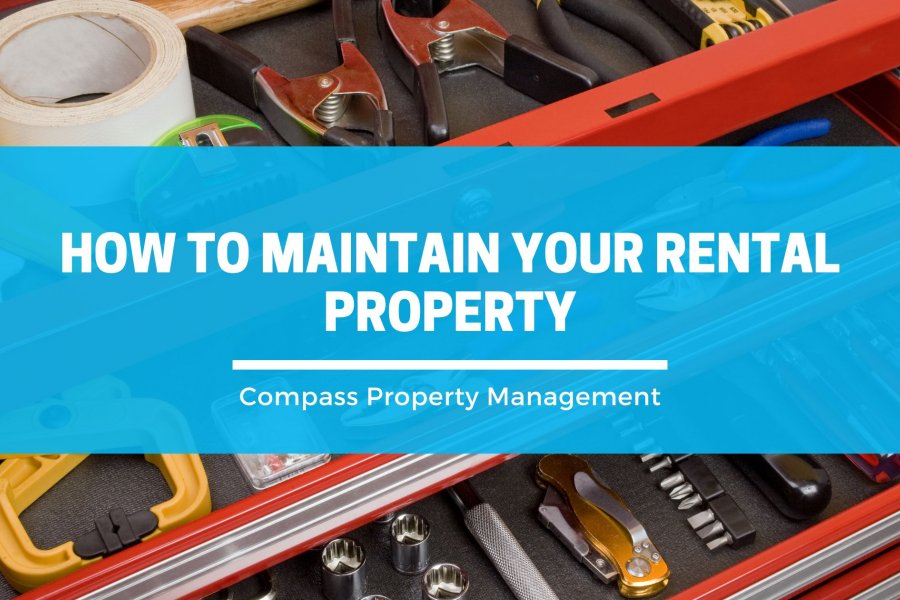
Maintaining a rental property is a crucial aspect of real estate management and resident satisfaction. It's not just about fixing what's broken; it's about proactive care to preserve the property's value and ensure a safe, pleasant living environment for residents.
This responsibility is shared between landlords and residents, each with specific roles to play. Keep reading to learn more about what your maintenance responsibilities are as a housing provider and what you can ask your residents to take care of.
Landlord Property Maintenance Responsibilities
Performing Regular Inspections and Repairs
As a landlord, you bear the primary responsibility for keeping your Grand Rapids rental property safe and habitable. This involves conducting regular inspections to identify maintenance needs, which can help you detect and resolve potential issues quickly.
Equally important is the need for fast repairs. Landlords should address everything from minor issues like leaky faucets to major concerns such as structural problems as quickly as they can, since delays can lead to exacerbated problems and increased expenses.
Ensuring Adherence to Laws and Safety Standards
Compliance with local building codes and safety standards is another critical aspect of a landlord's responsibilities. This includes ensuring the installation and functioning of smoke detectors, maintaining proper electrical wiring, and adhering to fire safety measures.
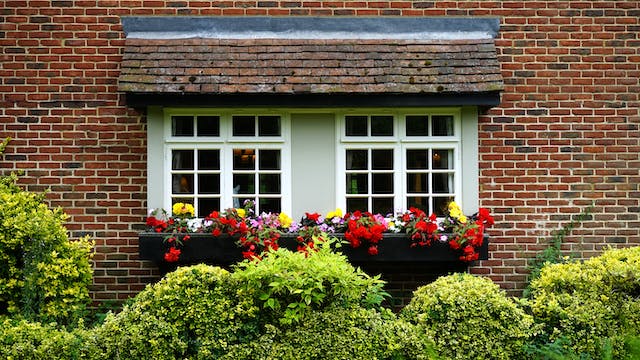
These steps are not only legally required by local and national landlord-tenant laws but are also crucial for ensuring resident safety and avoiding liabilities.
Making Property Upgrades and Doing Preventative Maintenance
Landlords also need to consider property upgrades and preventative maintenance. Upgrading facilities, such as installing energy-efficient appliances or a new HVAC system, can enhance resident comfort and add value to the property.
Preventative maintenance tasks, like cleaning gutters and servicing heating systems, are essential for avoiding emergencies and large-scale repairs, ultimately saving time and money in the long run.
Providing Proper Trash Receptacles
Providing appropriate trash receptacles is a key responsibility of landlords. This not only ensures a clean and hygienic environment but also encourages residents to adhere to proper waste disposal practices. Adequate and accessible trash bins help maintain the property's cleanliness and are often a requirement by local sanitation regulations.
Make sure that the size and number of trash bins are sufficient based on the number of residents living in your property and the frequency of garbage collection.
Providing Running Water
Ensuring a constant supply of running water is a basic yet vital responsibility. Access to clean, running water is essential for resident well-being and is often legally mandated. Landlords must promptly address any plumbing issues that disrupt the water supply. Ensure that faucets, showers, and toilets are working properly and that there is hot water available.
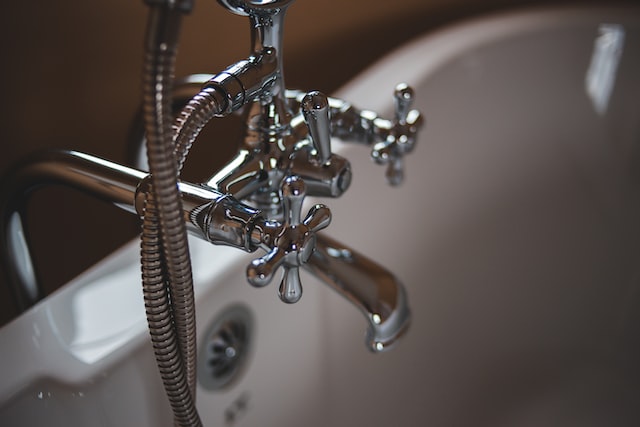
Maintaining the Property’s Common Areas
Landlords are also responsible for the maintenance of common areas within the property. This is most likely going to be relevant for property owners with apartment complexes or multi-family buildings. This includes hallways, stairwells, gardens, and other shared spaces. Regular cleaning, repairs, and upkeep of these areas are essential for resident safety and comfort.
Ensuring That All Vital Services Are Working
Ensuring the functionality of all vital services, such as electricity and heating, is another crucial responsibility under an implied warranty of habitability. Landlords must ensure these services are in good working order and address any issues promptly to prevent inconvenience to residents.
If the lease states that the residents are responsible for their utilities, then the residents should pay their bills on time to prevent these services from being shut off.
Resident Property Maintenance Responsibilities
Taking Care of Day-to-Day Maintenance and Reporting Problems
Residents play a significant role in the day-to-day upkeep of the property. This includes routine tasks like replacing light bulbs, maintaining a general level of cleanliness, and proper garbage disposal.
More importantly, residents must report maintenance issues promptly. Quick reporting of significant problems is vital in preventing further damage and allowing for timely repairs by the landlord. A property manager is a great resource because they will have a system in place for residents to make maintenance requests.
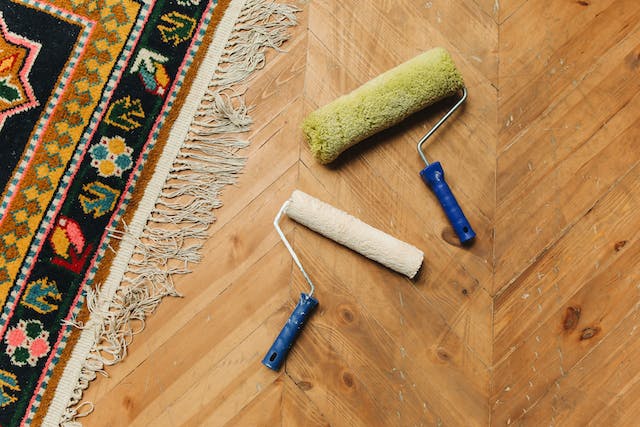
Asking for Permission to Make Property Modifications
Before making any alterations to the property, such as painting walls or installing new fixtures, residents should always seek permission from the landlord. Unauthorized modifications can lead to disputes and potential financial penalties.
Keeping the Property Free from Sanitary Hazards
Maintaining a clean and hygienic living space is a fundamental resident responsibility. This involves ensuring that their unit is free from sanitary hazards like garbage buildup, pest infestation, and unsanitary conditions, which can affect the health and comfort of all residents.
Keeping the Property Free from Safety Hazards
Residents also need to make sure that their living space is free from safety hazards. This includes addressing any potential dangers like exposed wiring, obstructed exits, or unsafe appliances promptly and informing the landlord if they cannot resolve the issue themselves.
Adhering to Building Codes and Maximum Occupancy Rules
Adherence to building codes, including respecting the maximum occupancy rules, is crucial. Overcrowding not only violates these codes but can also strain the property's facilities and create safety risks.
Preventing Mold Growth
Residents should manage humidity levels, ensure proper ventilation, and immediately address any water leaks or spills to prevent mold formation, which can damage the property and pose health risks.
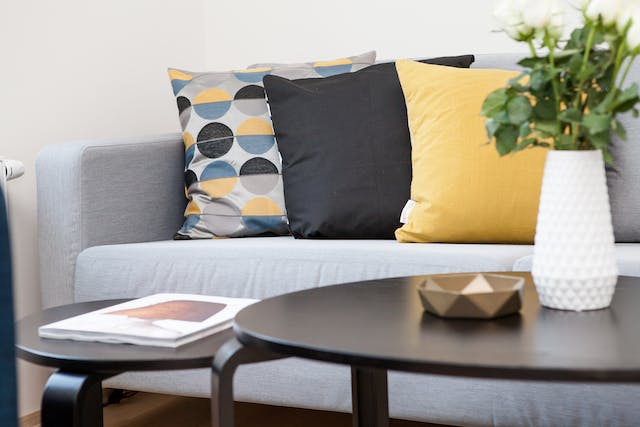
Being Respectful of the Property
Respecting the property is a broad yet crucial aspect of resident responsibility. This includes using facilities and appliances as intended, avoiding undue noise and disturbances, and generally treating the rental unit with care to maintain a harmonious living environment. Any damage due to abuse, neglect, or accident should be covered by the residents as well.
Other Tips for Property Owners
Establish Clear Communication Channels
Effective communication is the cornerstone of a successful landlord-resident relationship. Both parties should establish clear, reliable channels for reporting and addressing maintenance issues. Regular check-ins or property visits can help ensure that ongoing maintenance needs are met and can foster a positive relationship.
Develop a Maintenance Schedule
A collaborative approach can be beneficial in developing a maintenance schedule. This schedule can outline seasonal tasks and regular check-ups, ensuring that both parties are aware of and can prepare for upcoming maintenance activities.
Hire a Professional Property Manager
Working with a professional property manager can help ensure that the property is well-maintained and residents are following the terms and conditions of the lease. Property managers are experienced in handling landlord responsibilities and ensuring that renters also do their share.
Property management companies will either have an in-house team of maintenance technicians or be able to call an experienced property maintenance professional from their network of trusted partners. Hiring a property management company means that you don't have to worry about property maintenance anymore. Professional property managers can also help you save on property maintenance costs.
Conclusion
Maintaining a rental property is a shared responsibility that requires cooperation and communication between landlords and residents. By understanding and fulfilling their respective roles, both parties can contribute to a well-maintained, comfortable living environment.
Routine property maintenance not only preserves the property's value but also fosters a positive, long-term landlord-resident relationship. If you’re feeling overwhelmed by the day-to-day responsibilities of managing your property on your own, contact the team here at Compass Property Management.
We're a full-service property management company, which means we are able to provide property maintenance services, whether you have an emergency or are just looking for assistance during routine maintenance. Get in touch with us today to learn more about how our property managers can help with your residential property.
